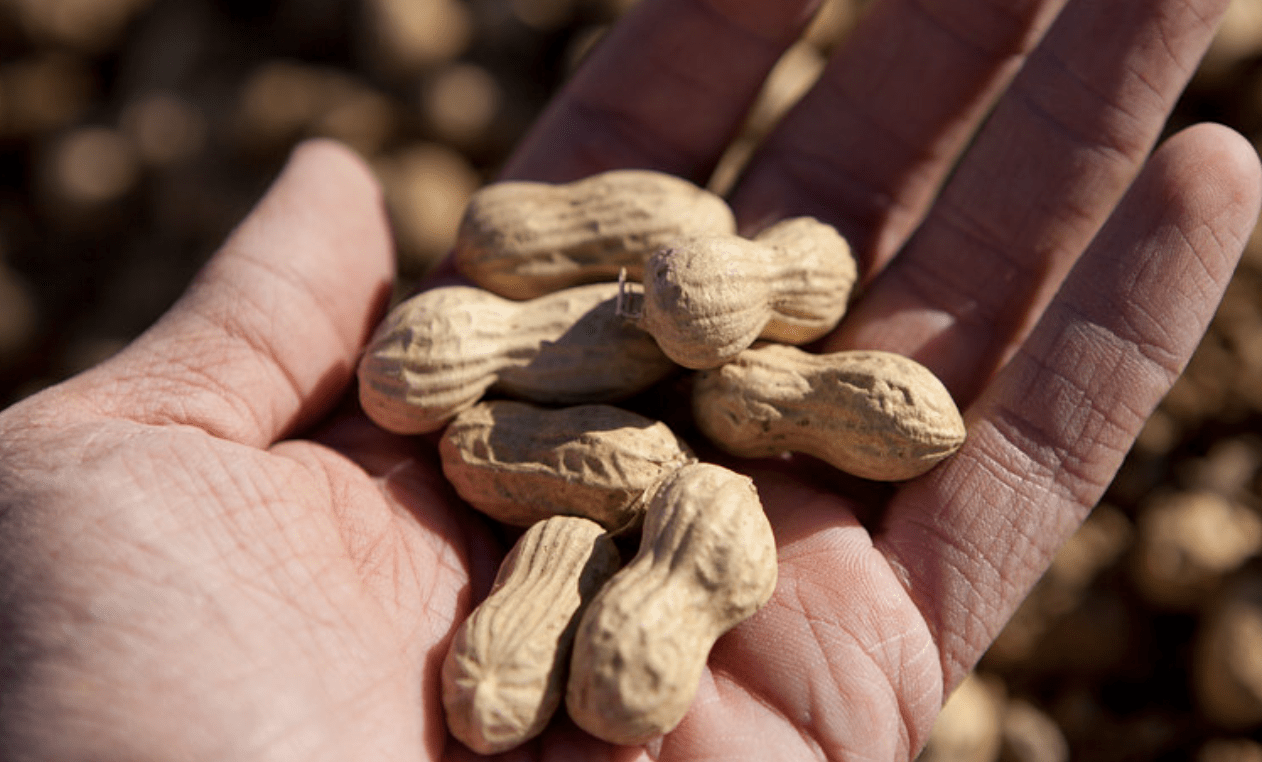INTERESTING ENGINEERING – Peanut allergies are a type of food intolerance that can cause serious and potentially life-threatening reactions.
They tend to occur when the immune system mistakenly identifies proteins in peanuts as harmful, triggering an allergic attack.
Peanuts are one of the most common food allergens, and peanut allergies tend to persist into adulthood more frequently than allergies to other foods. Peanut allergies are common, particularly in Western countries.
The prevalence of peanut allergies appears to be increasing, and it is estimated that about 2.9 percent of the population in the United States suffers from the condition.
One way to treat peanut allergies is through Oral Mucosal Immunotherapy (OMIT), a form of immunotherapy. OMIT aims to desensitize the immune system to specific allergens gradually by specifically targeting the mucous membranes within the mouth.
Cultivating tolerance
OMIT involves administering small amounts of an allergen extract to the oral mucosa, a practice that is believed to induce immunological changes, leading to tolerance rather than an allergic response the next time a person encounters the allergen.
Now, scientists have invented a type of toothpaste that uses OMIT to reduce the chances that people with peanut allergies will have a reaction.
“OMIT uses a specially formulated toothpaste to deliver allergenic peanut proteins to areas of the oral cavity,” said allergist William Berger, MD, American College of Allergy, Asthma and Immunology member and author of the study.
“OMIT as a delivery mechanism for peanut protein has great potential for food allergy desensitization. Due to its targeted delivery and simple administration, it supports the goal of improved adherence.”
The researchers followed 32 participants with peanut allergies between the ages of 18 and 55. Two-thirds of the participants were given the peanut toothpaste while the rest were offered a placebo. The dosage of the peanut toothpaste was then gradually increased over the course of the 48-week experiment …



